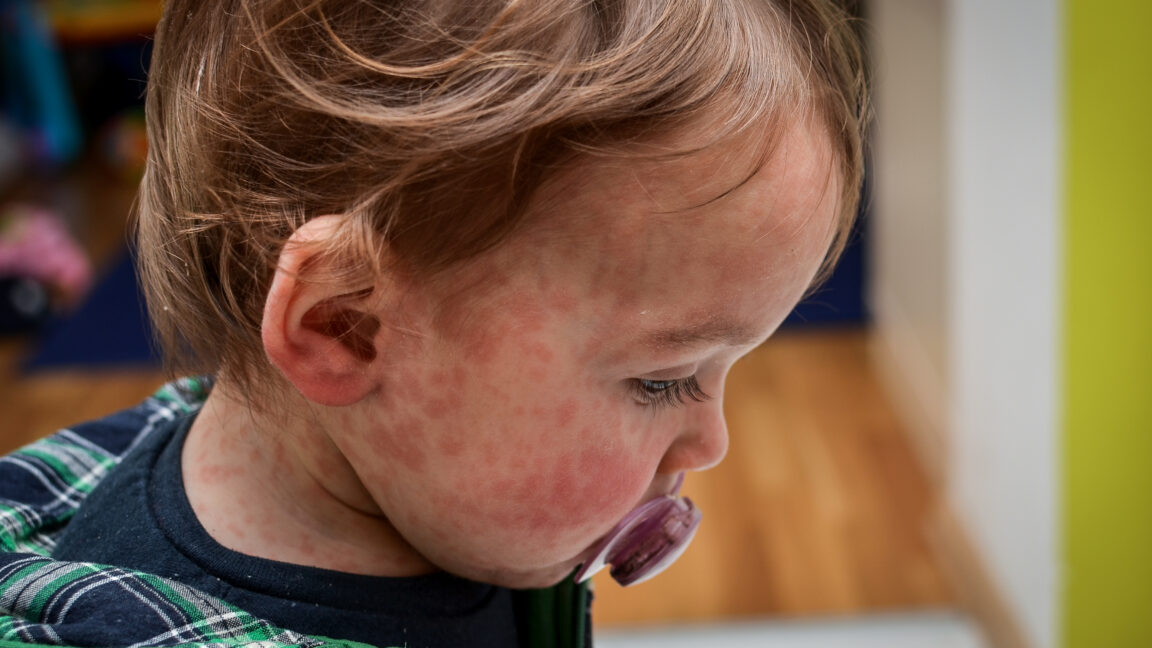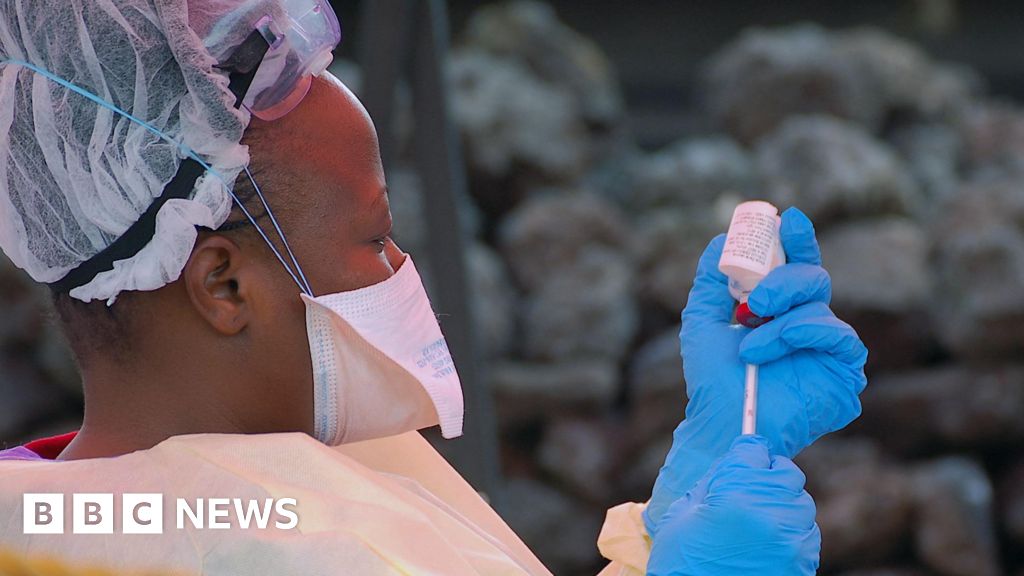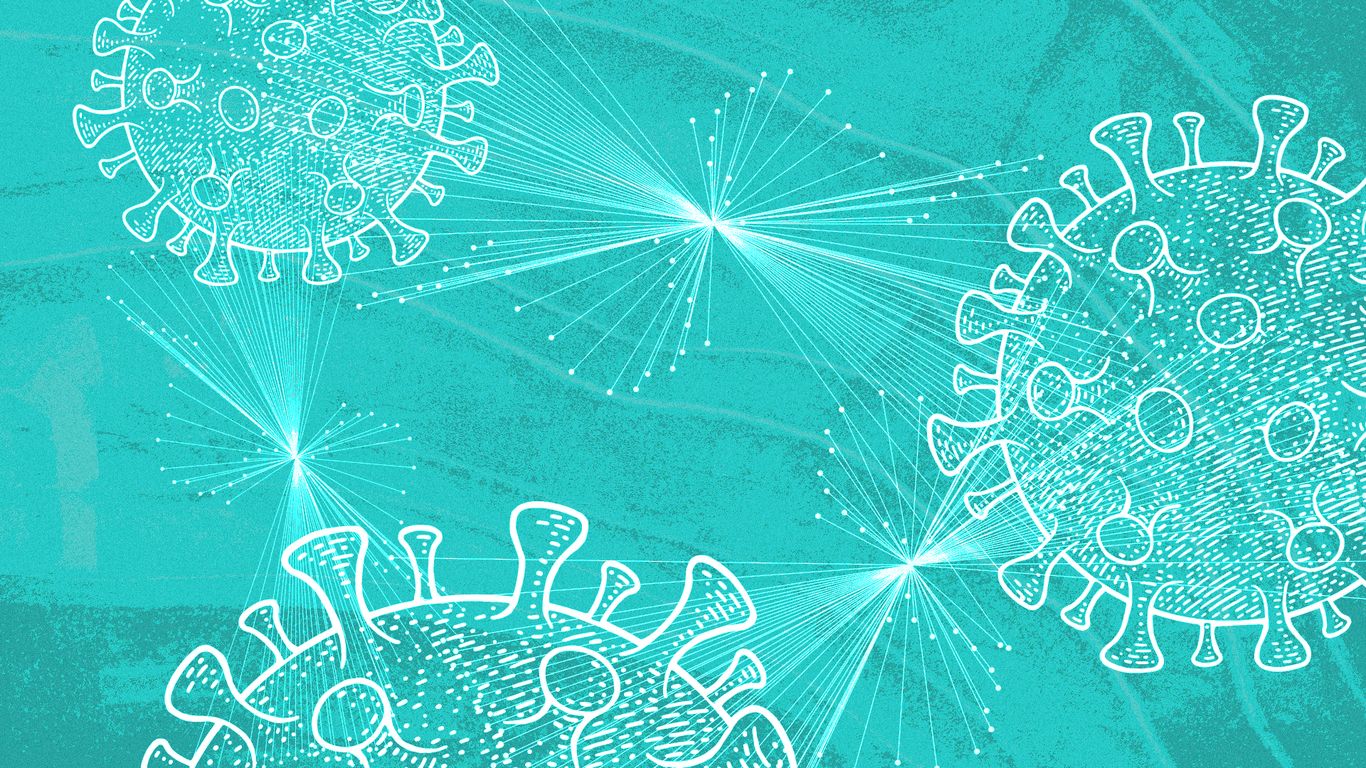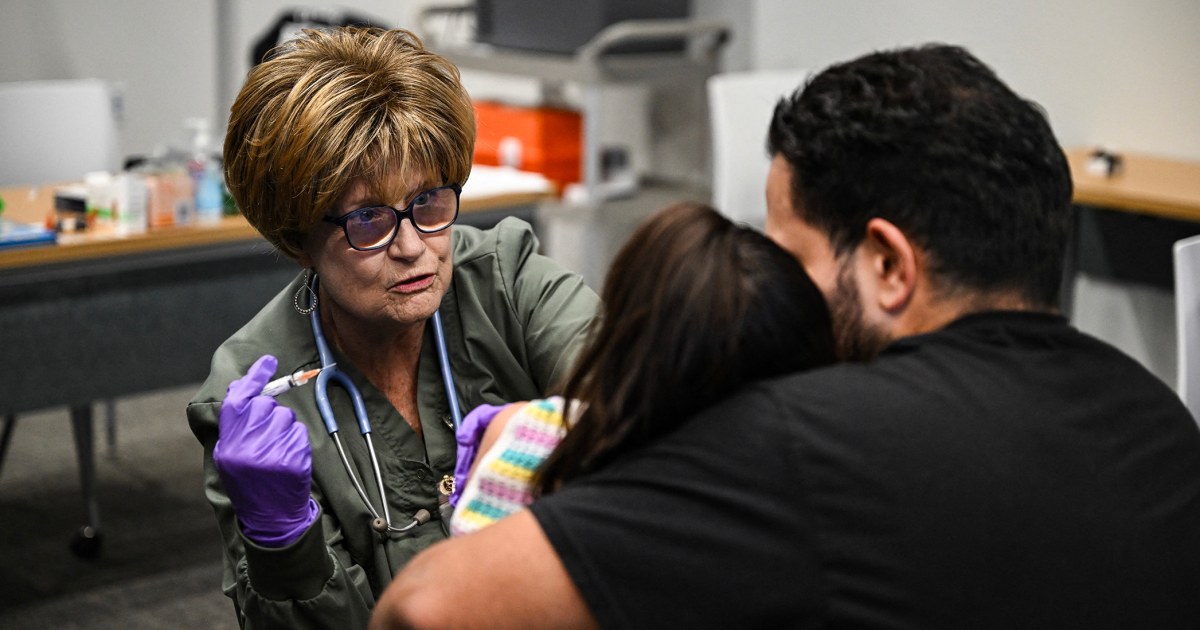The Devastating Consequences of Not Vaccinating: The Tragic Case of SSPE

Introduction
A recent tragedy has struck the city of Los Angeles, where a child has died from a horrifying complication of measles. This rare but always fatal disease, known as SSPE, has destroyed the child's brain and devastated their family and community. This heartbreaking event serves as a stark reminder of the importance of vaccinations and the potential consequences of not getting immunized.
What is SSPE?
SSPE, or Subacute Sclerosing Panencephalitis, is a rare but fatal complication of measles. It occurs when the measles virus remains in the body and attacks the child's central nervous system, leading to progressive destruction of the brain. The symptoms of SSPE may not appear until several years after the initial measles infection. Unfortunately, there is currently no known cure for this devastating disease.
The Importance of Vaccinations
This tragic case highlights the importance of vaccinations in preventing not only measles, but also the potential complications that can arise from the disease. Vaccinations not only protect the individual receiving them, but also help to prevent outbreaks and protect the community as a whole. It is crucial for parents to follow recommended vaccination schedules to ensure the health and safety of their children.
About the Organizations Mentioned
Los Angeles
Los Angeles is a dynamic and influential city in California, renowned globally as the entertainment capital of the world. Founded in 1781, it has evolved from a small Spanish settlement into the second-most populous U.S. city, with over 3.7 million residents as of 2025. Los Angeles spans more than 500 square miles and is celebrated for its Mediterranean climate, vibrant cultural diversity, and thriving economic sectors, especially in entertainment, technology, and real estate[3][9]. The organization often referred to simply as "Los Angeles" in a business and technology context is the city's municipal and tourism apparatus, notably the Los Angeles Tourism & Convention Board. This organization promotes the city's multifaceted attractions, including its rich arts scene, booming culinary landscape, world-class sports institutions, and significant transportation upgrades. In 2025, Los Angeles tourism is marked by new venues, expanded cultural institutions, and enhanced infrastructure projects, such as the $1.7 billion Regional Connector Transit Project and the $30 billion overhaul of LAX, which improve accessibility and visitor experience[1][2]. Key achievements include hosting major global events like the upcoming Olympics, celebrating sports victories such as the Los Angeles Dodgers’ World Series win, and driving transformative real estate projects like Rams Village at Warner Center, which integrate offices, residential spaces, and parks. These initiatives illustrate Los Angeles’ commitment to sustainable urban growth and economic vitality while honoring its diverse communities, such as the cultural revitalization along Crenshaw Boulevard[2]. Currently, Los Angeles stands as the second-best city in America (2025) for business, culture, and innovation, thanks to its adaptive reuse projects, luxury hotel expansions, and robust hospitality sector. The city is a hub for live entertainment, from Lakers games and Hollywood Bowl concerts to Broadway-level theater, continually fueling its reputation as a global creative powerhouse[2][6]. Challenges such as housing shortages and wildfire resilience are actively addressed through innovative city planning and community-focused solutions
World Health Organization
The World Health Organization (WHO) is a specialized agency of the United Nations, established in 1948, with a mandate to promote global health, coordinate international responses to public health threats, and set standards for health policies and interventions[2]. Headquartered in Geneva, Switzerland, WHO operates in over 150 countries, working with governments, NGOs, and other partners to advance health equity, strengthen health systems, and respond to health emergencies. ## What WHO Does WHO’s core activities include monitoring global health trends, setting international health standards, providing technical assistance to countries, and serving as a forum for scientific and policy discussions on health issues[2]. The organization publishes influential reports such as the annual **World Health Statistics**, which tracks progress toward Sustainable Development Goals (SDGs) and provides a global “health report card”[1][8]. WHO also maintains the Model List of Essential Medicines, guiding countries on which drugs are most critical for public health[7]. In addition, WHO leads global campaigns on issues ranging from infectious disease eradication to noncommunicable diseases (NCDs), maternal and child health, and health emergencies[2][6]. ## History and Key Achievements WHO’s history is marked by landmark achievements, including the eradication of smallpox, near-eradication of polio, and the development of an Ebola vaccine[2]. The organization played a pivotal role in responding to the COVID-19 pandemic, coordinating global research, vaccine distribution, and public health guidance. In May 2025, WHO member states adopted the world’s first **Pandemic Agreement**, a historic step to improve international coordination and equity in future health crises[4]. WHO also spearheads initiatives like the Triple Billion Targets (healthier lives, universal health coverage, and protection from health emergencies) and technical policy packages targeting tobacco, alcohol, salt, and trans fat reduction[1][2]. ## Current Status and Notable Aspects WHO is currently implementing its **Fou















